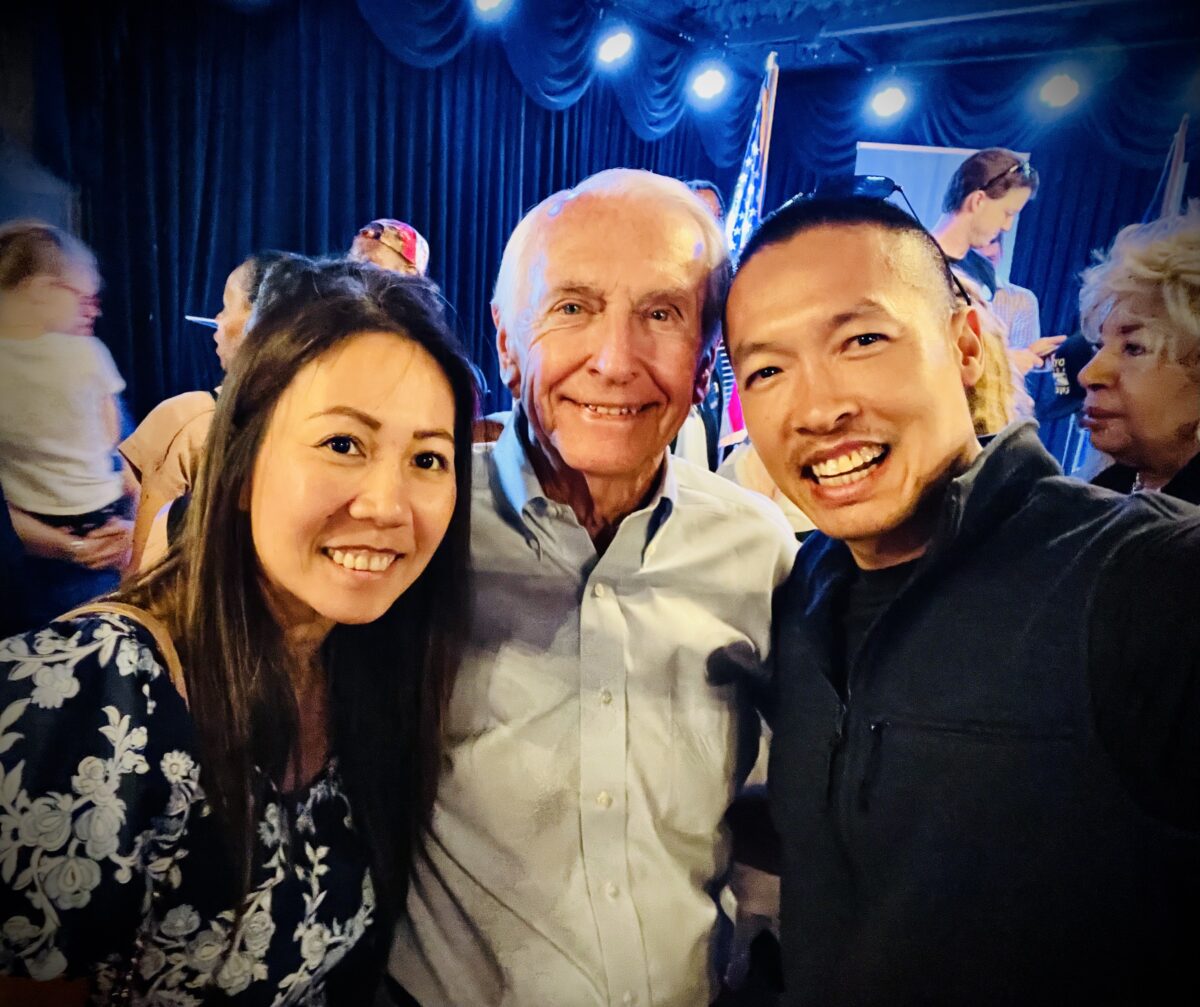Introduction:
Zita Nguyen, a Vietnamese American high school student hailing from Louisville, Kentucky, has made waves in the scientific community with her groundbreaking research into the unanticipated bacterial contamination found in hot-air hand dryers. Zita’s project, unveiled at the Regeneron International Science and Engineering Fair (ISEF), has shed light on the hidden dangers lurking in seemingly harmless restroom fixtures.
The Inspiration:
Motivated by the ongoing COVID-19 pandemic and the need for improved hygiene practices, Zita embarked on a mission to investigate the correlation between hand drying methods and microbial contamination. Drawing upon her Vietnamese heritage and the significance of cleanliness, Zita hypothesized that hand dryers could unwittingly contribute to the spread of harmful bacteria.
The Study:
Zita’s meticulous study involved four participants washing their hands with soap and water in restrooms at a local mall and gas station. Following each handwashing session, the participants employed three different drying methods: paper towels, an electric hand dryer held close to the hands (approximately 13 centimeters or 5 inches below), and an electric hand dryer held farther from the hands (around 30 centimeters or 12 inches below).
To assess the extent of microbial contamination, Zita promptly swabbed the participants’ hands after drying and transferred the samples onto nutrient-filled petri dishes. These dishes were then incubated for three days, providing a conducive environment for microbial growth.
Alarming Findings:
Zita’s research yielded astounding results. Petri dishes exposed to swabs from hands dried with paper towels or held farther from the electric dryers exhibited fewer than 50 colonies, on average. However, petri dishes exposed to swabs from hands held close to the hot-air dryers produced over 130 colonies, on average.
Initially amazed by the multitude of microbes present in these dishes—identified as yeast colonies—Zita is quick to caution about the potential presence of more harmful bacteria and fungi in other restroom dryers. The implications of her findings have led her to emphatically declare, “This is disgusting. I’m never going to use these machines again!”
Regeneron ISEF: Celebrating Young Scientific Minds
Zita Nguyen’s research was showcased at the renowned Regeneron International Science and Engineering Fair, an esteemed event that celebrates the scientific achievements of over 1,600 high school finalists from 64 countries, regions, and territories. As a Vietnamese American student attending duPont Manual High School in Louisville, Zita’s success at this annual competition, organized by the Society for Science, highlights her exceptional dedication to scientific inquiry.
Conclusion:
Zita Nguyen, a Vietnamese American high school student from Louisville, Kentucky, has made a profound impact through her groundbreaking investigation into the bacterial contamination lurking within hot-air hand dryers. Her research, inspired by her Vietnamese heritage and the heightened awareness of hygiene in the midst of the global pandemic, emphasizes the importance of proper hand hygiene and raises critical questions about the hygiene and effectiveness of commonly used drying methods.

As we strive to create cleaner and safer environments, Zita’s work serves as a reminder of the need to understand potential risks associated with everyday objects. With young scientists like Zita leading the charge, the future of scientific discovery and innovation appears brighter than ever, highlighting the invaluable contributions of Vietnamese Americans and inspiring others to pursue scientific inquiry for the betterment of society.
References



















